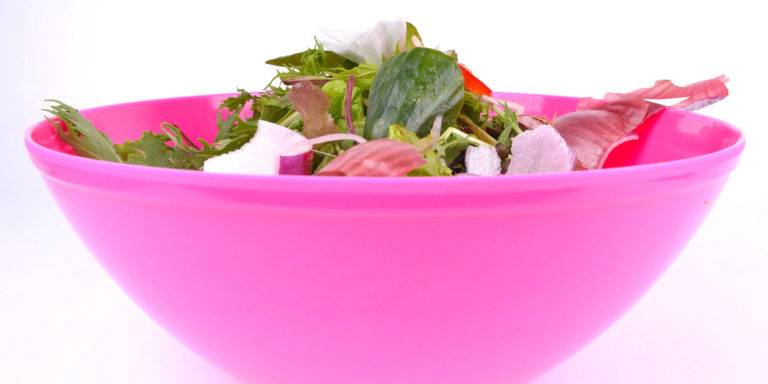Starting this time of year and continuing into February, I tend to get more than the usual questions about nutrition. Some women anticipate upcoming holiday eating challenges. others think about New Year’s resolutions.
Before I get into menopause diet and weight, let me make this public service announcement: If you’re just entering menopause—or just realizing menopause is in your future—know this: Women entering menopause near at their ideal weight improve their chances of maintaining it. Women who tend to yo-yo or who struggle to maintain a healthy weight tend to end up at the higher end of their range. Now is the time to incorporate healthy movement and eating habits!
And now back to our regular programming: During menopause, weight is easy to gain (in fact, some weight gain is almost inevitable) and hard to lose, for a variety of reasons: metabolic change, muscle loss, hormonal change, sleep deprivation and stress. As you enter your 50s and 60s, you’ve lost about 20 percent of your muscle mass and need about 200 fewer calories a day.
The good news is that the best weight management strategy—one that works for the long haul—will also keep you stronger, more flexible, healthier, and able to maintain an active lifestyle for much longer. You will be able to travel, garden, play with the grandkids, get up off the floor, carry heavier loads and generally remain pain free.
The bad news is that it’s hard. A realistic and effective strategy for maintaining a healthy weight requires self-discipline and lifestyle change. For the rest of your life. As you’ve probably guessed, you need to be serious about your exercise and diet — how much and what kind of food you put in your mouth. And without a lifestyle change, you’ll put the weight back on and then some. Only now, in middle age, are you more vulnerable to a number of serious life-changing conditions, such as joint problems, diabetes and cardiovascular problems.
So let’s talk about diets that work for older women. First, focus on fresh, real, home-cooked food. You need to consume fewer calories, but they need to be high-quality, nutritious calories. Think whole grains, fresh fruits and vegetables, nuts and legumes. I like Michael Pollan’s quote: “Don’t eat anything your great-grandmother wouldn’t recognize as food.”
Don’t go crazy for low- and no-fat foods, which are unhealthy in hidden ways. Instead, opt for unsaturated fats in olive or sesame oil, avocado, nuts, and salmon or tuna. “…[nutrient-rich, unsaturated fat] keeps your skin supple and your body from drying out. Basically, it’s like putting lotion on your body, but from the inside out,” says Dr. Christine Gerbstadt. article“Acne at age 50 and beyond”.
Speaking of calories, a sedentary older woman in her 50s and 60s should consume about 1600 calories a day. If you are more active, increase up to 1800 calories. To lose a pound a week, you need a daily deficit of 500 calories, either through diet or exercise.
Protein is important for muscle replacement and bone protection—5 to 6 ounces of lean protein a day, such as that found in dairy products, poultry, and fish. Avoid sugar, but don’t be obsessed with it. If you’re too strict, you might just set yourself up for a binge. An occasional treat is a nod to mental health. Alcohol (even red wine) is not your friend. Alcoholic drinks are full of sugar and high in calories. One 4-ounce (half cup) of wine or beer a day is the limit, with 1.5 ounces for spirits.
The best diets for older women are: Mediterranean diet and the low-carbohydrate diet. Plant-based diets are easy to find right now, and vegan and vegetarian diets are good for weight loss and have been linked to longer lives. As Dr. Connie Newman said in our weight discussion, however, “It’s not the diet [that matters]. It’s the diet that works.” Don’t agonize over which diet is “best”, ie. As long as the diet you’re evaluating is aligned with good nutritional practices, choose the one that works best for you.
If you slip up, start fresh at dinner time or tomorrow! It takes time to redesign our relationships with food. Staying fit and at a weight you’re comfortable with after menopause is no picnic, but feeling healthy, fit, and in control of your life is worth every donut you haven’t eaten.
Dr. Barb DePree, MD, has been a gynecologist and women’s health provider for nearly 30 years and a menopause specialist for the past ten.
